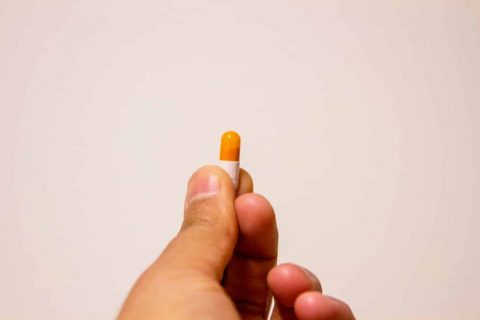5 Ways To Prevent Relapse After Substance Abuse Treatment

Substance abuse relapse is common among people who have undergone addiction treatment.
According to the National Institute on Drug Abuse, between 40% and 60% of those who complete addiction treatment experience relapse.
However, it is possible to avoid relapse by understanding the factors contributing to it and implementing strategies to prevent it.
Keep reading to explore substance abuse relapse and provide five tips on how to avoid it!
What is Substance Abuse Relapse?
Substance abuse relapse is the resumption of substance use after a period of abstinence.
It is a gradual process often characterized by a return to old habits and behaviors.
Substance use relapse can happen to anyone, regardless of willpower, and contrary to popular belief, it does not show failure.
What Are the Stages of Relapse?
The stages of relapse can vary from person to person, but generally, there are six typical stages:
- Emotional relapse
- Mental relapse
- Physical relapse
- Preparation for use
- Using again
- Post-relapse
Each stage is a part of the substance abuse cycle and represents an opportunity to stop the process before it becomes actual use.
What Are Common Causes of Substance Abuse Relapse?
Several factors can trigger substance abuse relapse. Here are some of the most common ones:
Stress
Stress is a significant contributor to substance abuse relapse.
Individuals who experience stress due to work, family, or personal factors may use substances to cope with their stressors.
Negative Emotions
Negative emotions such as anger, frustration, anxiety, or depression can also contribute to substance abuse relapse.
Individuals may turn to substance use as a way of numbing these emotions.
People, Places, and Things
Individuals who return to their previous environments, hang out with old friends, or encounter triggers or reminders of past substance use may be more likely to relapse.
Overconfidence
Overconfidence or complacency can also contribute to substance abuse relapse.
Individuals who have been sober for some time may underestimate the risks of resuming substance use and may let their guard down.
5 Tips to Prevent Relapse
While individuals undergoing addiction treatment are at a higher risk of relapse, there are ways to avoid it.
Here are five tips to prevent relapse and remain on the path of recovery:
Tip #1-Build a Strong Support Network
A strong support network is essential for avoiding substance abuse relapse. This network can include friends, family, peers, sponsors, or therapists.
Having people who understand your struggles, encourage you to stay on track, and hold you accountable will help you stay motivated and strong during difficult times.
Tip #2- Identify Warning Signs and Manage Triggers
Identifying and managing triggers is another essential step in avoiding substance abuse relapse.
Triggers can include people, places, things, or emotions that may lead you back to substance use.
Once you have identified your triggers, you can develop a relapse prevention plan to manage them, such as avoiding them altogether, changing your environment, or engaging in alternative activities when you encounter them.
Tip #3- Develop New Habits and Coping Strategies
Developing new habits and coping strategies is critical in avoiding addiction relapse.
You may need to find new ways of coping with stress or negative emotions, or you may need to develop new, healthier habits that replace old routines associated with substance use.
Some examples of new habits and coping strategies include:
- Deep breathing
- Exercise
- Mindfulness meditation
- Healthy lifestyle changes
- Hobbies
Tip #4- Practice Self-Care
Practicing self-care is crucial for individuals who are recovering from addiction.
Self-care practices such as getting enough rest, eating a healthy diet, engaging in physical activity, and seeking professional help can help you feel better and cope with challenging situations more effectively.
Practicing self-care can also help you avoid triggers and reduce the risk of relapse.
Tip #5- Stay Connected with Your Treatment Program
Staying connected with your treatment program is essential to avoiding substance abuse relapse.
This can involve inpatient and outpatient treatment programs, attending support group meetings, or engaging in aftercare services.
Treatment programs can provide valuable resources, support, and accountability throughout recovery.
Atlantic Recovery Center Offers Relapse Prevention Services in South Florida
Atlantic Recovery Center offers an integrated approach that combines evidence-based methods with compassionate support so that each client can gain the coping skills and resources necessary to maintain sobriety.
Our alcohol and drug relapse prevention services include:
- Cognitive-Behavioral Therapy (CBT): CBT is a therapy that helps individuals recognize and manage their thoughts, feelings, and behaviors in relation to substance use. This process teaches clients to change maladaptive behaviors and develop healthier coping skills.
- 12-Step Facilitation: We help clients move through the stages of recovery while providing guidance and support to ensure they do not relapse back into their old patterns of substance use.
- Group Counseling: Our groups provide a safe space for clients to discuss their experiences with addiction and receive support from peers and counselors. We address managing triggers and improving communication skills.
Contact our staff today to learn more about the individualized treatment plans we offer!





